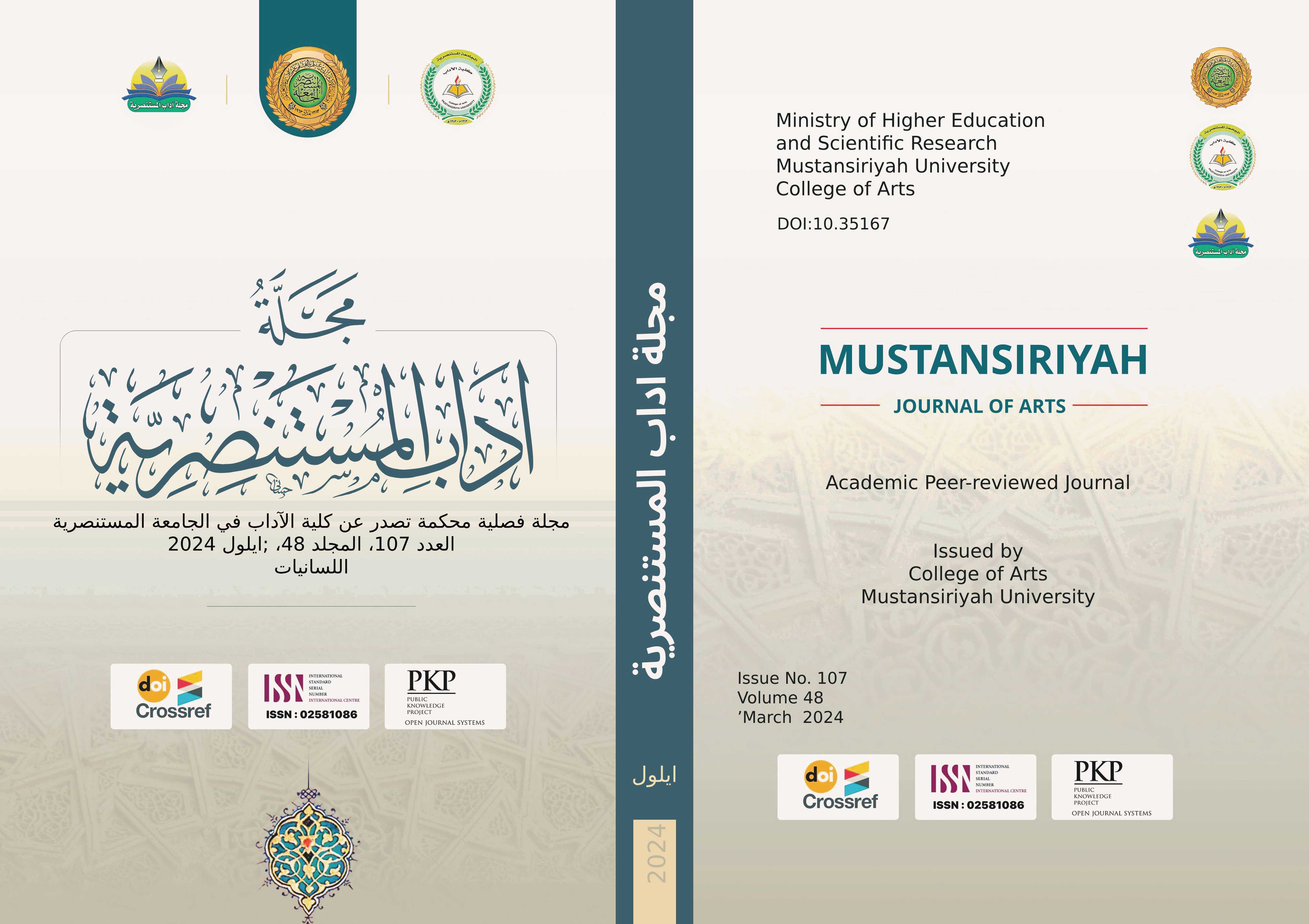The validity of directive actions in verses about human sexuality, not gender (a pragmatic study)
Abstract
The pragmatic approach concentrates on the study of language on its context of use, of which speech acts are considered as an essential component. The study launches from those actions to explore the pragmatic connotations and communication goals. It is also concerned with comprehending the relationships between the speakers and addressees, and the directives (requests) represent a type of speech acts. Those directives are represented in directing the addressees to comply and respond to the speaker’s demands, in which those acts are transformed from abstract expressions to actual acts impact the recipient and direct him/her to perform a specific action or avoid it.
The current study is to trace the directive speech acts in the verses concerns human sexuality to prove the genders as they appear in the Wise Mention in several words, like: men/women, male/female, father/mother, as well as children, young men, boy, and others, to refute the argument of those who deny the specification of gender and considers the evidence of gender with showing the effectiveness and influence of those actions, based on speech acts theory in contemporary pragmatic studies, as they are discussed by the linguists, like Austin and Searle. The study depends on the analysis of linguists and Quranic verses commentators to achieve the goal.
Downloads
Published
Issue
Section
License

This work is licensed under a Creative Commons Attribution-ShareAlike 4.0 International License.


